- About NAEP
- Membership
- NAEP Chapters
- Working Groups
- Events and Programs
- Awards/Scholarships
- Resources
|
|
| Main | Program | Location | Sponsor/Exhibitor Info |
Poster Sessions
NEPA Requirements for Deploying Wireless Infrastructure Nationwide
Track:
Infrastructure Upgrades and the Environment

Woo Smith Woo Smith is a Senior Environmental Consultant and currently leads the Environmental Department for Terracon’s Louisville, Kentucky Office. Terracon is an environmental, construction/materials testing, facilities, and geotechnical consulting firm with over 4,000 employees in 150 offices nationwide. Woo is an Emory University graduate and majored in Political Science with a focus on Environmental Policy. Woo is an industry professional knowledgeable in environmental procedures utilized by numerous federal agencies and has overseen the development of hundreds of Phase I ESAs, NEPAs, Wetland, Biological, and Cultural Reports. In addition to helping manage a portfolio of national accounts, she oversees project execution, technical review, employee supervision, and quality control. |
Measuring Context and Intensity of Air Quality and Climate Change Impact in Today's NEPA Documents
Track:
NEPA
|
Timothy Didlake is a NEPA Project Manager and Environmental Planner with HDR. He has more than 11 years of industry experience supporting NEPA documentation efforts as a contractor. He has authored the air quality and climate change resource section for more than 50 NEPA documents addressing actions across the United States. |
Implementation of EPA's CADDIS Approach for Stressor Identification in the North Fork Rivanna River, VA
Tracks:
Chesapeake Bay, Ecological Restoration, Water Resources
|
Dr. Robert Brent is an Associate Professor in the Department of Integrated Science and Technology at James Madison University, where he teaches and conducts research on the fate and effects of pollutants in the environment. Dr. Brent holds a Ph.D. in Civil and Environmental Engineering from the University of Illinois and has more than 25 years of experience in the environmental field. Dr. Brent's diverse experience includes environmental positions in government, academia, and the private sector. |
Improving Safety with the Construction of a Bypass to update Infrastructure while Balancing Environmental Impacts through Agency Coordination and the Design of a Stream and Wetland Mitigation Site
Tracks:
Cultural Resources, Ecological Restoration, Role of Government in Environmental Improvement, Infrastructure Upgrades & the Environment, Planning & Permitting, Transportation, Water Resources
|
Ms. Koser is a Senior Environmental Scientist with 18 years of expertise in plant ecology, botany, and identification of vegetation down to species level. Her principal responsibilities include habitat restoration, wetland delineation and function assessment, watershed management techniques, assessment of stream channel degradation, and chemical and biological monitoring and sampling. She has a background in the biological sciences including soil science, tropical field ecology, and plant biology. Her current responsibilities include National Environmental Policy Act (NEPA) compliance, preparing technical documents for projects, environmental permit preparation, and reports following state and federal guidelines. Other experience includes conducting rare, threatened, and endangered (RTE) species surveys; habitat and vegetation identification and mapping; and plant identification to species level. Ms. Koser has also conducted terrestrial and aquatic monitoring of existing conditions, which includes identification of plant species and documentation of fish, avian, and other wildlife species. She has conducted extensive fieldwork all over the country, including the following states and territories/districts: Alabama, District of Columbia, Georgia, Florida, Illinois, Louisiana, Maryland, Michigan, North Carolina, New Jersey, New York, Ohio, Oregon, Pennsylvania, Tennessee, U.S. Virgin Islands (St. Croix and St. John), and Virginia. Ms. Koser is currently working as a contractor part-time and providing technical expertise to the Maryland State Highway Administration Environmental Programs Division. At the State Highway Administration Environmental Programs Division, she is assisting project engineers and consultants in avoiding and minimizing wetland, floodplain, and waterway impacts associated with roadway and bridge projects as needed. She reviews and submits the necessary permits when impacts to these resources cannot be avoided. Ms. Koser regularly coordinates with state and federal agencies throughout the project process. |
A Collaborative Approach to Addressing Roadway Congestion while Balancing Environmental Impacts and Fish Passage through Agency Coordination and Stream Restoration in Montgomery County, MD
Tracks:
Ecological Restoration, Role of Government in Environmental Improvement, Infrastructure Upgrades & the Environment, Planning & Permitting, Transportation, Water Resources
|
Ms. Koser is a Senior Environmental Scientist with 18 years of expertise in plant ecology, botany, and identification of vegetation down to species level. Her principal responsibilities include habitat restoration, wetland delineation and function assessment, watershed management techniques, assessment of stream channel degradation, and chemical and biological monitoring and sampling. She has a background in the biological sciences including soil science, tropical field ecology, and plant biology. Her current responsibilities include National Environmental Policy Act (NEPA) compliance, preparing technical documents for projects, environmental permit preparation, and reports following state and federal guidelines. Other experience includes conducting rare, threatened, and endangered (RTE) species surveys; habitat and vegetation identification and mapping; and plant identification to species level. Ms. Koser has also conducted terrestrial and aquatic monitoring of existing conditions, which includes identification of plant species and documentation of fish, avian, and other wildlife species. She has conducted extensive fieldwork all over the country, including the following states and territories/districts: Alabama, District of Columbia, Georgia, Florida, Illinois, Louisiana, Maryland, Michigan, North Carolina, New Jersey, New York, Ohio, Oregon, Pennsylvania, Tennessee, U.S. Virgin Islands (St. Croix and St. John), and Virginia. Ms. Koser is currently working as a contractor part-time and providing technical expertise to the Maryland State Highway Administration Environmental Programs Division. At the State Highway Administration Environmental Programs Division, she is assisting project engineers and consultants in avoiding and minimizing wetland, floodplain, and waterway impacts associated with roadway and bridge projects as needed. She reviews and submits the necessary permits when impacts to these resources cannot be avoided. Ms. Koser regularly coordinates with state and federal agencies throughout the project process. |
Identifying and Mitigating Impacts from Wildfire Fuel Treatments at Los Alamos National Laboratory, Los Alamos, New Mexico
Tracks:
Infrastructure Upgrades & the Environment, National Environmental Policy Act
|
David Holtkamp is a National Environmental Policy Act (NEPA) and cultural resources subject matter expert for the Environmental Stewardship Group at Los Alamos National Laboratory. He is also a Resource Advisor (READ) for wildland fire response for the Laboratory. He works with projects and programs to identify and comply with environmental requirements for the Department of Energy/National Nuclear Security Administration (DOE/NNSA) national security mission. David has been working as an environmental professional in NEPA, cultural resources, and wildland fire for over 10 years in New Mexico. He has a Bachelor's in Anthropology, a Master's in American Studies, and a Graduate Certification in Historic Preservation from the University of New Mexico. |
Streamlining Clean Water Act Permitting through Migration Bank Credits
Tracks:
Chesapeake Bay, Ecological Restoration, Planning & Permitting, Transportation, Water Resources
|
Joseph Williams Joseph Williams has eight years of experience identifying new markets for mitigation banking, working with developers to solve their mitigation needs and developing green field mitigation banks nationwide. Joe served two years as a Peace Corps Volunteer in Malawi, focusing on agroforestry, environmental, business and education initiatives. Joe earned a BS from James Madison University and a Masters of Environmental Management and Master of Forestry from Duke University's Nicholas School of the Environment. |
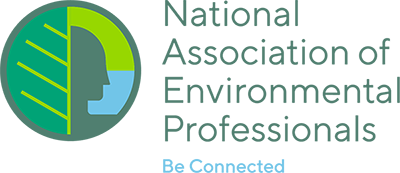
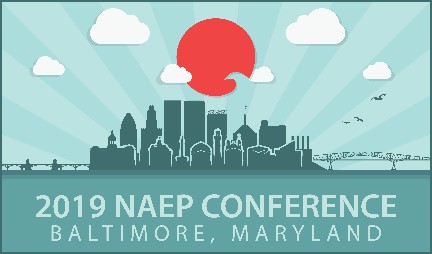
 Timothy Didlake
Timothy Didlake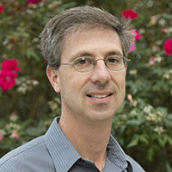 Robert Brent
Robert Brent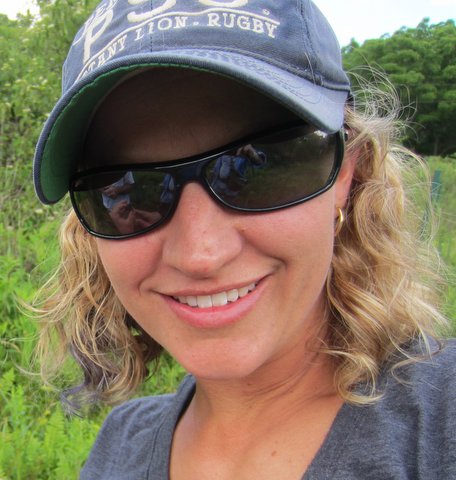 Sarah Koser
Sarah Koser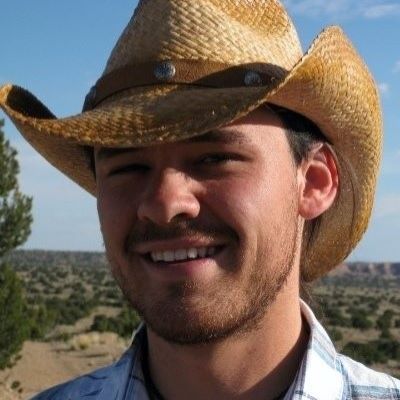 David Holtkamp
David Holtkamp